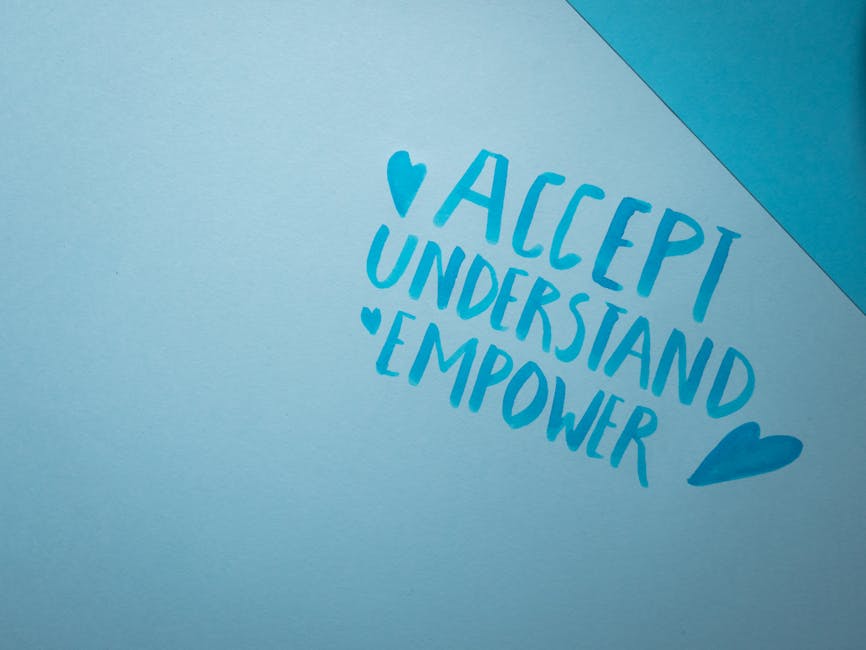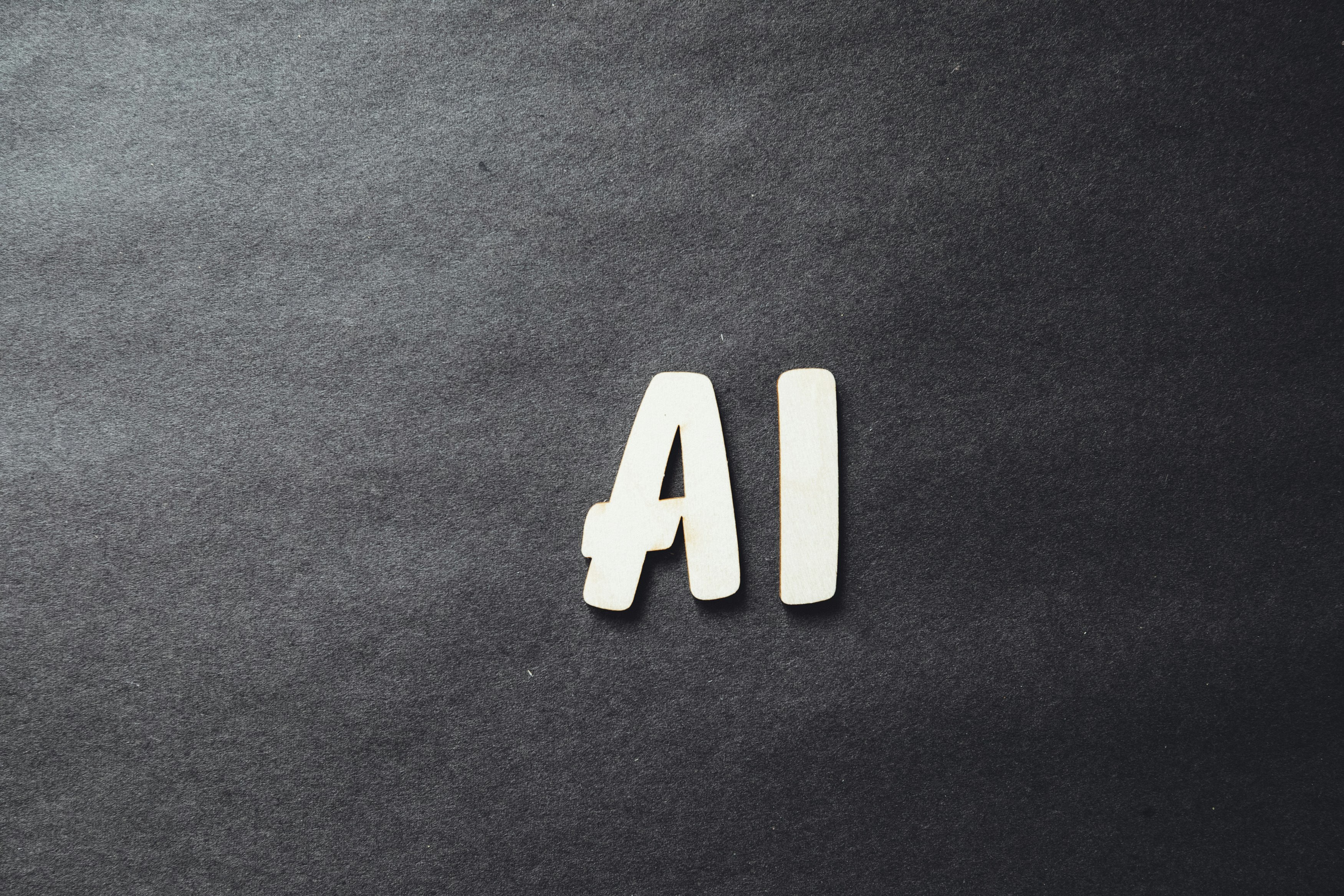The Emotional Intelligence of AI: Fostering Human Connections in Teams
As we dive into 2025, the landscape of business continues to evolve, presenting new challenges and opportunities never before imagined. Teams are becoming increasingly remote, making genuine human connection more vital yet difficult to achieve. But fear not—artificial intelligence (AI) is stepping into the emotional ring. With advanced tools designed to embody emotional intelligence, AI is redefining how remote teams interact, collaborate, and thrive. From enhancing communication to fostering authentic relationships, AI is not just transforming processes; it’s also reshaping the emotional fabric of teams.
The Rise of Emotional Intelligence in AI

The concept of emotional intelligence (EI) isn’t new; it’s been a significant aspect of successful leadership and teamwork for decades. Yet, as AI technologies continue to advance, businesses now find themselves confronting a new frontier—integrating emotional intelligence into AI systems. This intersection is not merely about machines mimicking emotions; it’s about technology facilitating an emotional understanding that encourages connection and collaboration. Research from organizations like Harvard Business Review underscores that emotionally intelligent teams perform better, fostering a workplace culture of trust and respect.
Understanding the Role of AI Tools in Remote Work

The pandemic accelerated a shift towards remote work, compelling companies to adapt quickly. In a survey by Buffer, 98% of remote workers expressed a desire to work remotely at least part of the time for the rest of their careers. However, managing remote teams comes with complexities, such as isolation and communication barriers. This is precisely where AI tools come into play.
Tools designed for enhancing collaboration and communication—ranging from chatbots to virtual assistants—are proving essential. By leveraging AI, teams can streamline tasks, clarify roles, and foster a sense of community, helping to alleviate feelings of isolation. For more insights on how AI can drive team collaboration, refer to our article on harnessing AI for collaboration.
Enhancing Emotional Intelligence with AI Technology

The key to fostering genuine connections in remote teams lies in AI's ability to perceive and respond to human emotions. Companies are realizing that AI can analyze communication styles and emotional tones, providing valuable feedback that encourages empathy and understanding among team members.
Take, for example, a virtual assistant equipped with AI algorithms capable of detecting sentiment in emails or chat messages. By offering suggestions on how to rephrase a message to convey empathy or warmth, these tools not only enhance communication but also build stronger relationships. Moreover, studies suggest that emotional intelligence in business, bolstered by AI tools, can lead to better client relationships and improved employee engagement.
AI-Driven Empathy: The Heart of Effective Communication

Imagine an AI tool that helps managers navigate performance reviews, prompting them to consider not only the metrics but also the emotional aspects of employee interactions. By incorporating empathy into management processes, leaders can create more supportive environments. This isn't just theory; many organizations have adopted AI-driven assistance in performance management, with documented success in enhancing employee satisfaction.
To further explore how AI can elevate your team dynamics through improved communication, don’t miss our article on harnessing AI empathy.
Building Trust in Remote Environments

Trust is fundamental in any team dynamic, and building it through digital means can be challenging. AI can enhance trustworthiness in remote teams by offering transparency. For example, AI tools can track contributions and performance metrics, ensuring everyone understands their roles and how they contribute to the team objectives.
A study by the American Psychological Association found that clear communication and trust in the workplace lead to higher employee engagement and performance levels. By providing data-driven insights that promote transparency, AI can mitigate feelings of mistrust or confusion common in remote environments.
The Role of AI in Cultural Adaptation

As businesses expand across borders, cultural differences become a challenge. Here, AI can facilitate cultural adaptation by providing tools that help team members grasp the nuances of communication styles different from their own. Tools that leverage machine learning can analyze interactions and suggest culturally appropriate ways to respond, thereby enriching the learning experience and fostering cultural sensitivity.
For further insights on how to build a strong company culture amidst digital transformation, check out our article on AI custodians in culture.
Motivating and Engaging Remote Teams with AI

Engaging remote teams requires innovative strategies, and here, gamification plays a crucial role. AI tools can create interactive, game-like environments wherein employees feel motivated to participate. Productivity tools incorporating gamified elements not only enhance engagement but also foster collaboration, helping to overcome the challenges of remote isolation.
Leveraging AI for Conflict Resolution in Teams

Conflicts are inevitable, especially in remote settings where miscommunication can easily arise. AI can aid in conflict resolution by offering analytics on team interactions, identifying patterns that may lead to disputes. For instance, an AI tool might flag recurring communication issues between team members and suggest interventions before conflicts escalate. By proactively addressing potential conflicts, teams can maintain harmonious relations.
Real-World Case Studies: AI and Emotional Intelligence in Action

Consider the case of a multinational corporation embracing an AI-powered learning and development platform. This strategic move allowed the company to adapt its training approaches based on real-time feedback from employees. The AI system fostered a culture of continuous improvement, balancing productivity with the well-being of team members. When AI listens to employee needs, it creates an environment of trust and support, crucial for any remote team thriving in today’s landscape.
The Future of Work: Coexisting with AI

Looking ahead, the relationship between AI and human employees will only deepen. Businesses that effectively harness AI's emotional intelligence capabilities will likely emerge as leaders in their fields. Creating emotionally intelligent AI not only enhances productivity but also transforms the experience of work itself, making it more fulfilling for everyone involved.
To learn more about the future of AI in businesses, be sure to read our piece on transforming the employee experience with AI.
Navigating Challenges of AI Adoption

While the benefits of AI are clear, the transition presents challenges. Businesses must ensure their teams are equipped to work alongside AI. This involves ongoing education and training, fostering a culture of adaptability that embraces change rather than fears it. As AI shapes strategies for coping with market uncertainties, companies that encourage continuous learning will remain competitive.
Staying Human-Centric in a Tech-Driven World

It’s essential to remember that AI should augment human capabilities, not replace them. The goal of integrating AI in remote teamwork isn't to strip away the human touch; it’s about enhancing our ability to connect and collaborate. AI can handle repetitive tasks, giving employees the freedom to focus on what they do best: innovating and connecting.
Final Thoughts: The Emotional Intelligence Revolution

As we embrace the evolution of AI in our workplaces, it's evident that the emotional intelligence of these tools is not only beneficial but transformative. By fostering authentic human connections and enhancing communication within remote teams, AI strips away layers of complexity, allowing individuals to shine and connect meaningfully. With the right approach, businesses can harness AI to create workplaces that are not only productive but also supportive and enriching for all team members.
Next Steps
As we continue on this journey, consider how you can integrate more emotionally intelligent AI tools into your team. Invite dialogue, encourage experimentation, and be open to the changes AI can bring to your organization. The future lies in our ability to adapt and evolve in harmony with technology, paving the way for truly empathetic workplaces.



